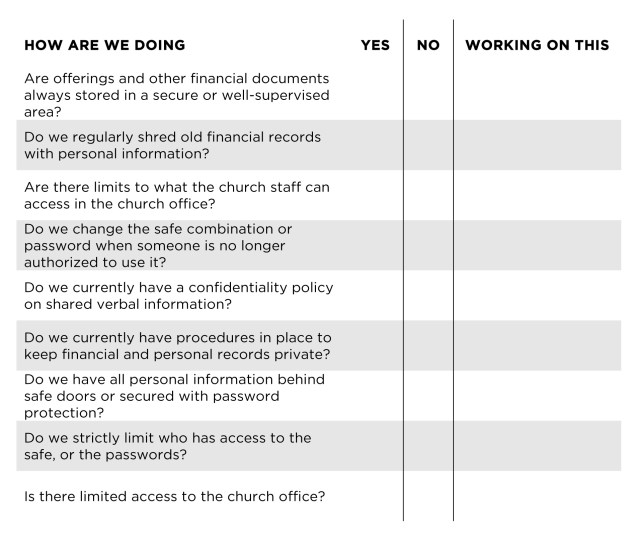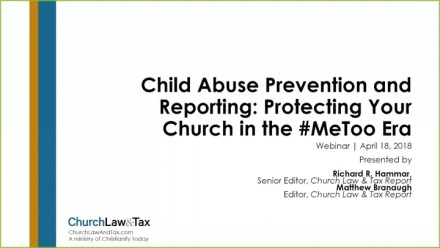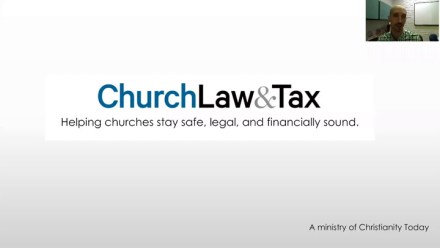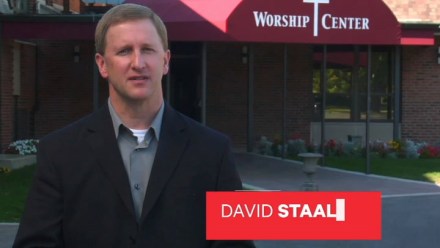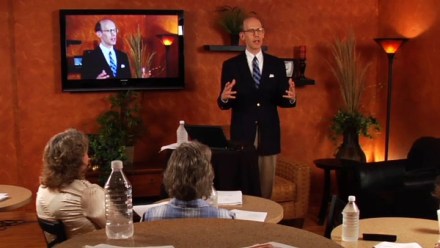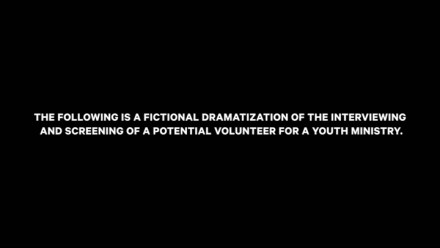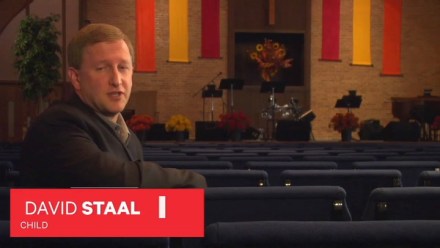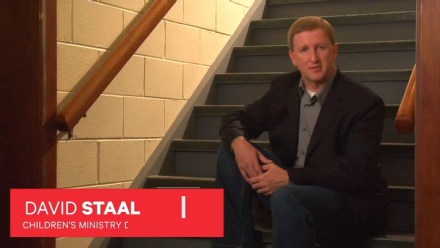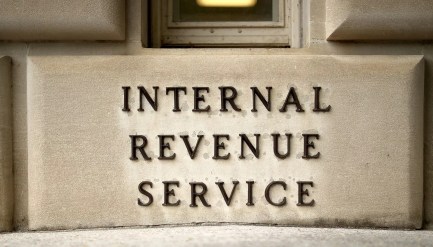The US Department of Treasury, the Internal Revenue Service (IRS), and state agencies continue to issue new instructions and guidance regarding tax-related matters for the country in response to the COVID-19 (coronavirus) outbreak. Church Law & Tax continues to update this page as relevant new advisories and information become available.
Income tax-filing
The Treasury Department has pushed back the deadline for Americans to file their income tax returns in response to the COVID-19 (coronavirus) outbreak.
All taxpayers and businesses now have through July 15, 2020, to file their returns—and the IRS will waive all interest and penalties. As a result, the extension now applies to all taxpayers that have a filing or payment deadline falling on or after April 1, 2020, and before July 15, 2020.
Separately, in Notice 2020-23, the IRS expanded this relief to include quarterly estimated tax payments (Form 1040-ES) that would have been due before July 15, 2020, including the first two estimated tax payments due on April 15 and June 15 of 2020. This means that any individual who has a quarterly estimated tax payment due on or after April 1, 2020, and before July 15, 2020, can wait until July 15 to make that payment, without penalty.
Estimated Quarterly Tax Payments for 2020
| Quarter | Original Due Date | Revised Due Date |
| Jan-Mar | April 15, 2020 | July 15, 2020 |
| Apr-Jun | June 15, 2020 | July 15, 2020 |
| July-Sept | Sept. 15, 2020 | Sept. 15, 2020 |
| Oct-Dec | Jan. 15, 2021 | Jan. 15, 2021 |
Individual taxpayers who need additional time to file beyond the July 15 deadline can request an extension to October 15, 2020, by filing Form 4868 through their tax professional, tax software, or using the Free File link on irs.gov. An extension to file is not an extension to pay any taxes owed. Taxpayers requesting additional time to file should estimate their tax liability and pay any taxes owed by the July 15, 2020, deadline to avoid additional interest and penalties.
Key point. This provision is especially relevant to pastors who typically use the estimated tax procedure to prepay their federal taxes since they are exempt by law from income tax withholding.
Treasury Secretary Steven Mnuchin still encourages taxpayers to file income taxes as soon as possible, especially those who are expecting refunds, the Wall Street Journalreported.
The IRS also encourages people who have failed to file returns from previous years to do so now. The agency says “[m]ore than 1 million households that haven’t filed tax returns during the last three years are actually owed refunds; they still have time to claim these refunds.” For taxpayers with a tax liability, the IRS says they “should consider taking the opportunity to [enter] into an Installment Agreement or an Offer in Compromise.”
At the state level, the American Institute of Certified Public Accountants has assembled this chart tracking state income tax-filing deadlines. California has already pushed its filing and payment deadline to June 15, and the state waived interest, late-filing, and late-payment penalties. Connecticut and Maryland have extended their deadlines for business returns (June 15 for Connecticut and June 1 for Maryland). Oregon and Washington have issued guidance offering certain provisions and accommodations as well.
Church reporting requirements
Separately, in Notice 2020-23, the IRS said its deadline extensions also apply to tax-exempt organizations required to file an annual Form 990, Form 990-N, and/or Form 990-T; Form 4720; or other commonly required reports used under certain circumstances. Section 6033 of the Internal Revenue Code exempts churches from filing annual Form 990s or Form 990-Ns, however, if a church generates $1,000 or more annually in unrelated business income from a church-run business or the renting of its space to outside groups, it is required to file a Form 990-T.
Installment Agreements
The IRS says individuals with outstanding tax liabilities are still able to enter into new Installment Agreements (a monthly payment arrangement set in advance with the IRS). For existing Installment Agreements, the agency says payments that would have been due between April 1 and July 15, 2020, are now suspended. Taxpayers who cannot comply with the terms of an Installment Payment Agreement (including a Direct Deposit Installment Agreement) may also suspend payments during this timeframe if they wish, the IRS says.
The IRS will not default on Installment Agreements through July 15, 2020. However, interest will continue to accrue on unpaid balances.
Offers in Compromise
The IRS says taxpayers with a pending Offer in Compromise application will now have until July 15, 2020, to provide any requested additional information. The agency also will accept new applications for Offers in Compromise.
Regarding existing Offers in Compromise:
- Taxpayers may suspend all payments until July 15, 2020. However, interest will continue to accrue on unpaid balances.
- The IRS will not default on an existing Offer in Compromise for a taxpayer that is delinquent on a 2018 return. But the agency says the taxpayer should file the delinquent 2018 return, along with their 2019 return, on or before July 15, 2020.
Audits
The IRS will not start new field, office and correspondence examinations until July 15, 2020, unless such an examination is “deemed necessary to protect the government’s interest in preserving the applicable statute of limitations.”
Stay updated
Continue to follow ChurchLawAndTax.com and its free e-newsletters and social media for updates on this page as well as its coronavirus coverage. In the meantime, track ongoing tax-related deadlines through Church Law & Tax’s tax calendar.
Also get updates directly from the IRS and the Treasury Department.


